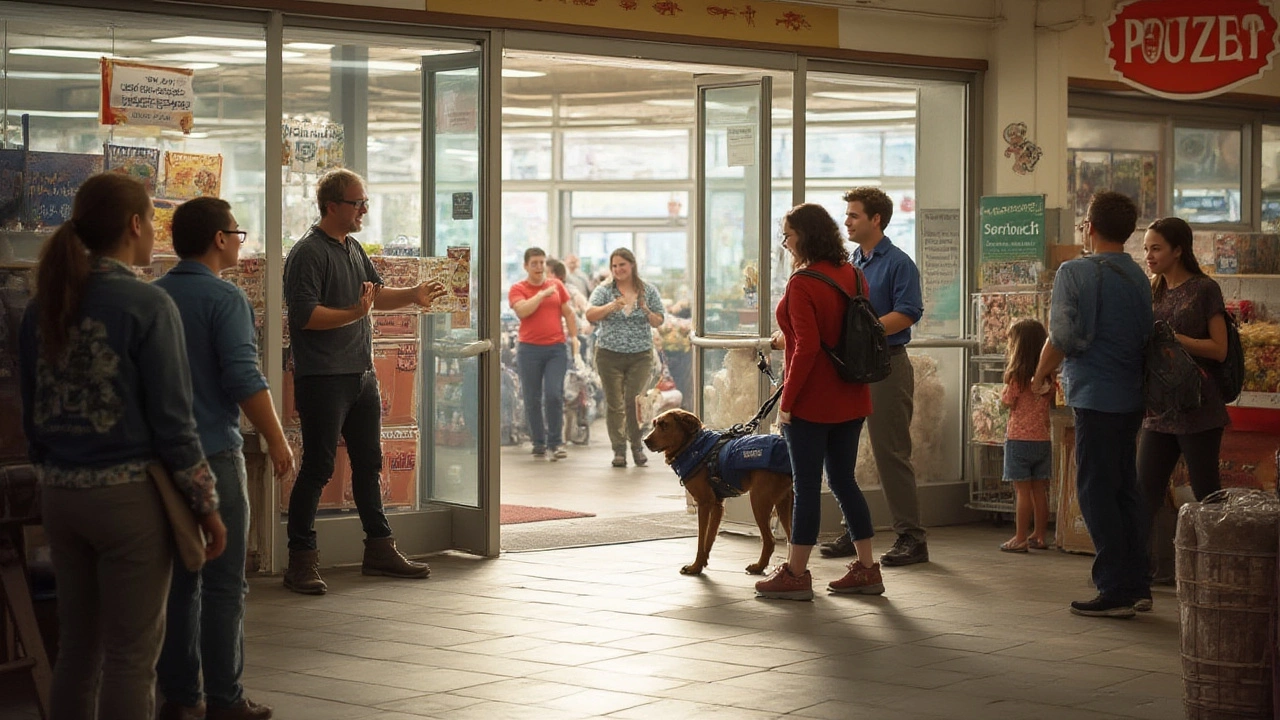Virginia Laws on Pets: What Every Owner Needs to Know
If you live in Virginia or plan to bring your dog or cat across state lines, you’ll run into a handful of rules that can feel confusing. The good news? Most of them are straightforward, and following them keeps you, your pet, and your neighbors happy. Below is a practical rundown of the must‑know regulations, from licensing to leash laws, so you can avoid tickets and enjoy your time with your furry friend.
Key State Regulations
First up, every dog over four months old must have a current license. The fee varies by county, but you can usually renew online or at the local animal services office. When you register, you’ll need proof of rabies vaccination – that’s non‑negotiable.
Leash laws are another big point. In most Virginia cities and towns, dogs must be on a leash no longer than six feet when in public. Some rural counties relax this rule on private property, but as soon as you step onto a sidewalk or park trail, the leash is required.
Virginia also mandates that owners clean up after their pets. Many municipalities have "pooper‑scooper" ordinances with fines ranging from $25 to $200 for a single violation. Carry a bag or a portable scooper when you head out – it’s cheap insurance against a ticket.
If you’re thinking about breeding, selling, or boarding pets, you need a business license and may be subject to additional health inspections. The state’s Animal Welfare Act covers cruelty, hoarding, and neglect. Violations can result in hefty fines and possible jail time, so treat your pets’ living conditions like you would your own home.
Traveling with pets across state lines? Virginia follows the federal pet travel rules: a current rabies vaccine, a health certificate if you’re flying, and a microchip for dogs and cats if you want to use the state’s lost‑pet database. Some airlines require additional documentation, so double‑check with your carrier.
Staying Compliant and Avoiding Fines
Set up reminders for license renewals. A simple calendar alert gives you a heads‑up a month before expiration, saving you the last‑minute scramble.
Invest in a sturdy, six‑foot leash and a comfortable harness. A good harness distributes pressure evenly and reduces the risk of neck injuries, especially for large breeds.
Carry a pocket‑size waste bag roll whenever you’re outside. The extra bag never hurts, and it shows respect for your community.
Consider microchipping your pet. The cost is modest, and if your dog or cat ever gets lost, the chip speeds up reunions and can even help you avoid the ticket for a stray animal claim.
If you’re renting, check your lease for pet clauses. Some landlords require pet rent or a refundable deposit; others may ban certain breeds outright. Knowing these details up front prevents surprise fees or eviction risk.
Finally, keep a copy of your pet’s vaccination records and health certificates in a file you can grab on the go. Some counties ask to see proof during dog park checks or when you’re using a public trail.
Staying on top of Virginia’s pet laws doesn’t have to be a chore. With a little organization, you’ll keep your dog or cat safe, avoid costly fines, and enjoy all the outdoor fun the Old Dominion has to offer.
- Morgan Ainsworth
- 0 Comments
Are Dogs Allowed in Grocery Stores in Virginia? Rules, Laws & Tips for Shoppers
Wondering if you can bring your dog into a Virginia grocery store? Here’s a deep dive into state rules, the service dog exception, tips for shopping, and must-know facts for dog owners.
View More
